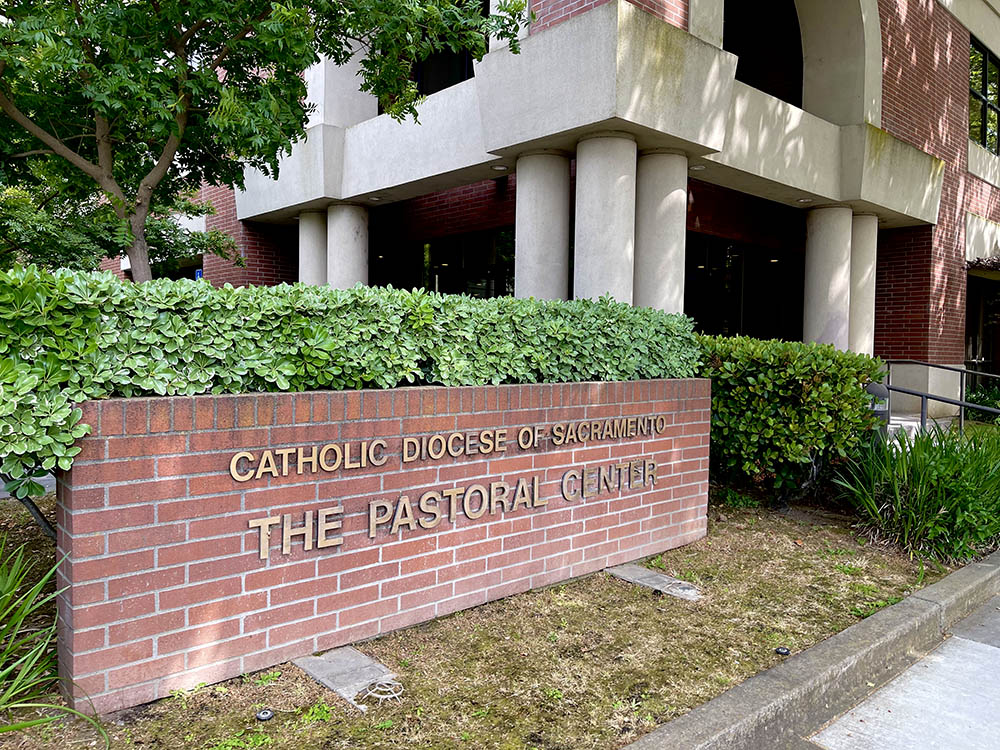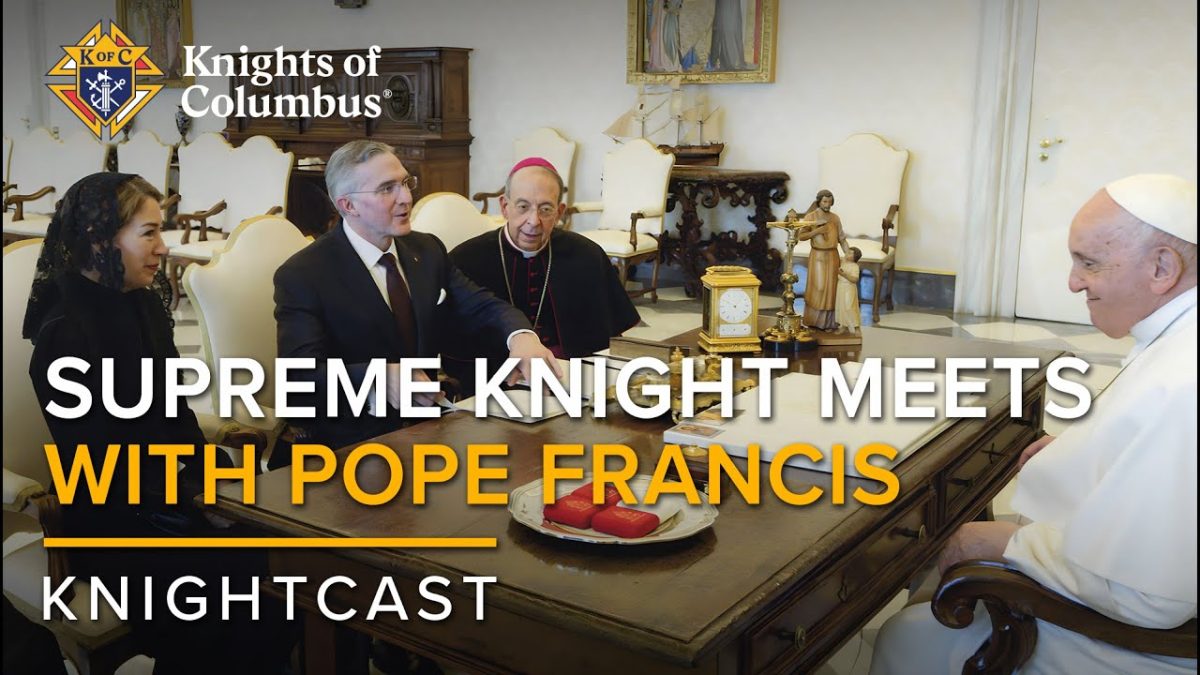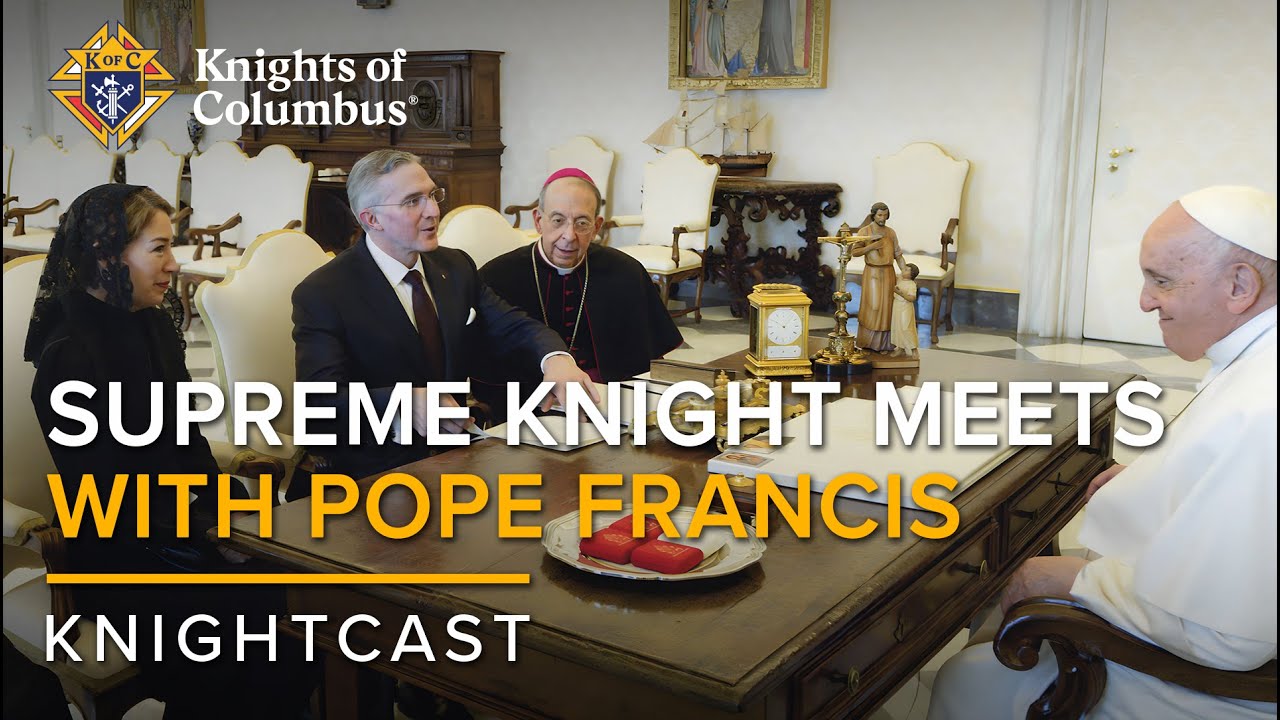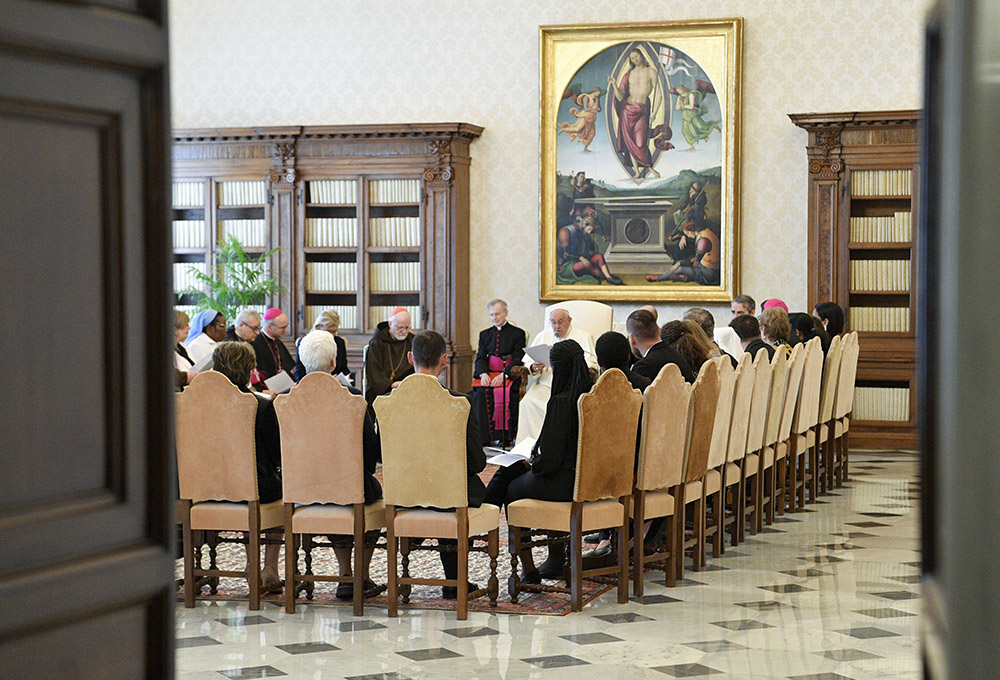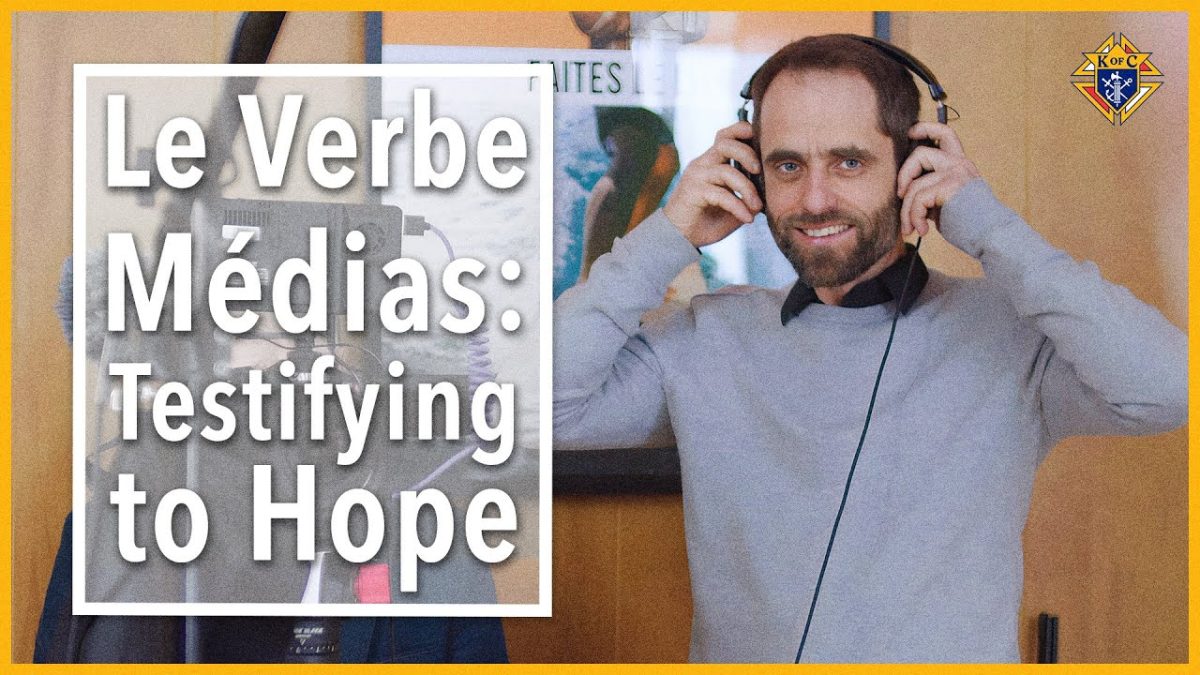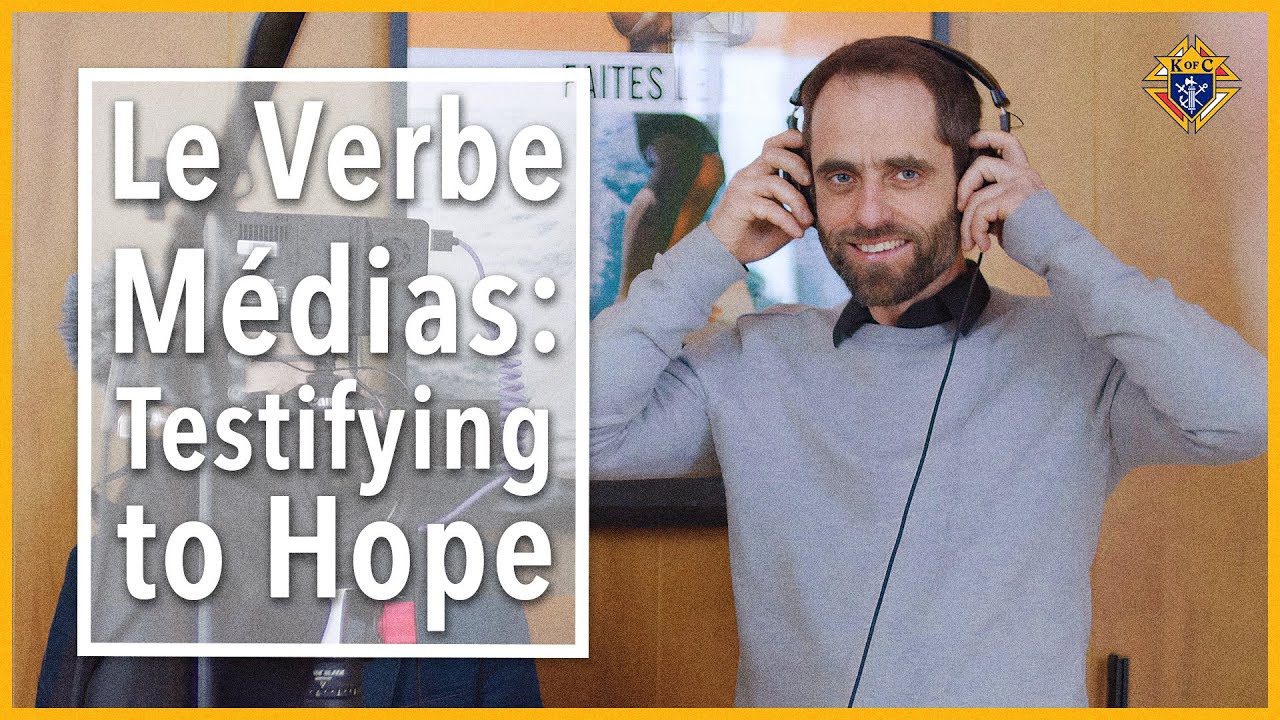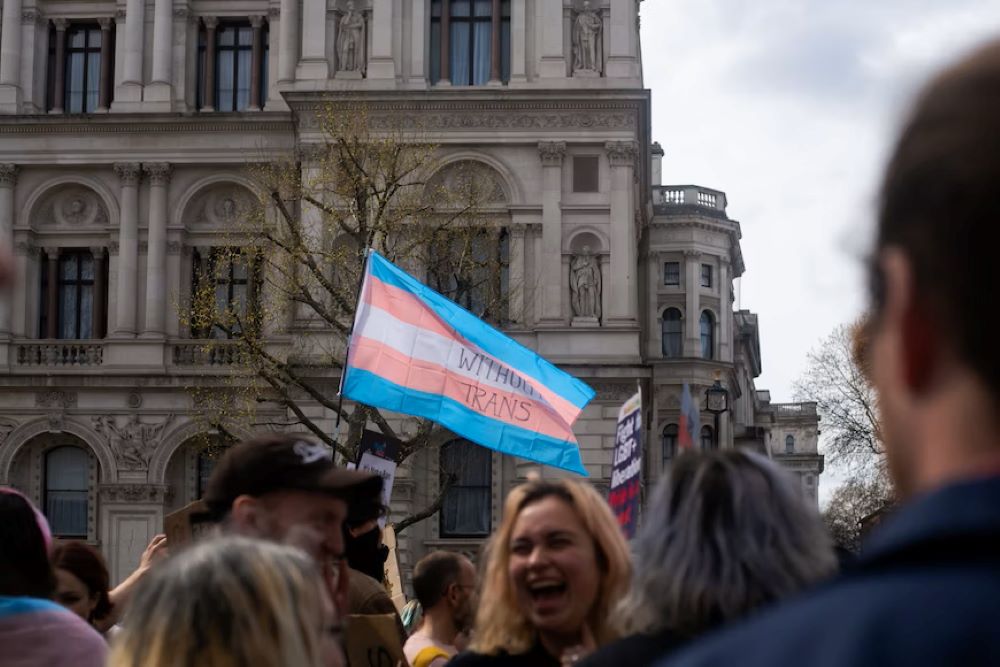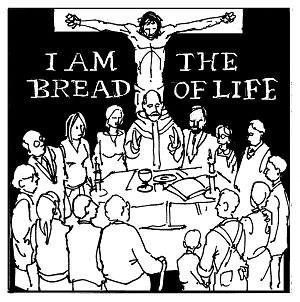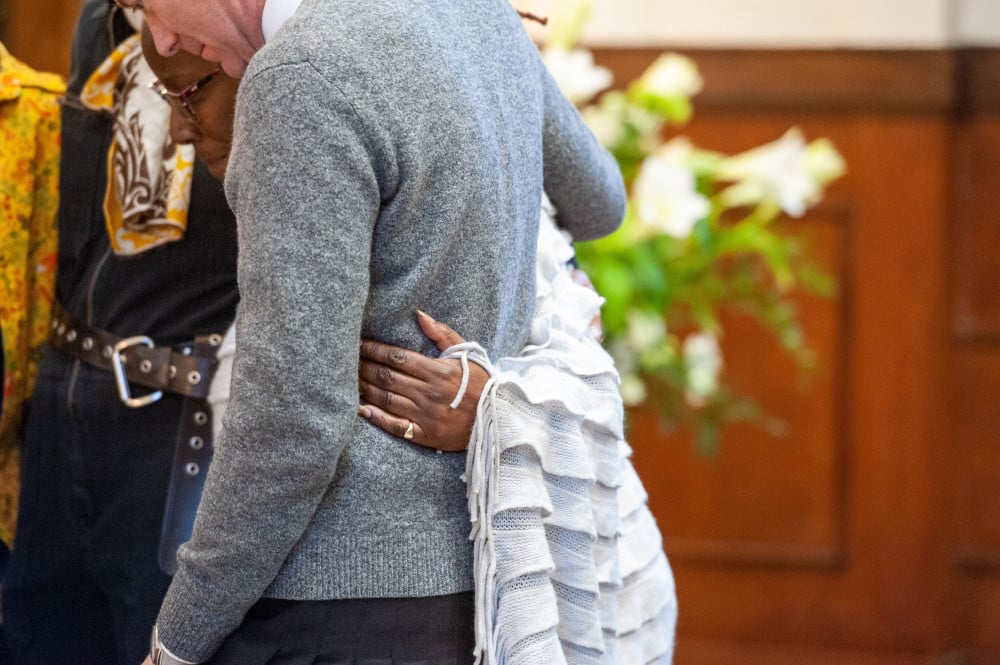
Who gets to tell one’s story? Who should get to tell one’s story?
These questions have been on my mind this week as we find ourselves in the middle of the annual LGBTQ Pride Month of June and as the U.S. bishops’ conference gathers for its annual spring meeting this week.
According to reports, the bishops are slated to discuss and likely vote on revising the Religious and Ethical Directives for Catholic Health Care, currently in its sixth edition, to explicitly ban gender-affirming care for transgender patients at Catholic hospitals. This would put concrete policies in place that align with the theologically inept and ethically problematic Committee on Doctrine’s March 2023 « Doctrinal Note on the Moral Limits to Technological Manipulation of the Human Body. »
In both the case of the doctrinal note and the anticipated health care directive revisions, the U.S. bishops are choosing to inform their actions based on false narratives told by others about what it means to be a trans person, including the lie that there is no such thing as transgender people.
One factor that has been consistently noted in responses to nearly every anti-trans diocesan policy or statement is that there is little evidence that transgender people were ever consulted in the development of such policies and statements. Instead, their own experiences, stories, struggles, joys and needs are dismissed and ignored.
Advertisement
We need to remember that when we talk about transgender persons we are talking about real people. The issue is not about some abstraction or « culture war » battle to win like some social-media debate. The issue is about the actual lives and deaths, experience of violence and healing of human beings who have inherent dignity and value.
When bishops and other church leaders, nonexpert pundits and church observers treat the serious issues related to LGBTQ persons generally and trans folks in particular as some kind of « culture war » horse race, they actively contribute to the dehumanization and erasure of real people who have real joys and hopes, griefs and anxieties, which ought also be the joys and hopes, griefs and anxieties of said church leaders and commentators (Gaudium et Spes).
In honor of Pride Month and in an effort to listen to more to the stories of trans folks as told by them, I decided to read two recent memoirs by trans authors this month. The first is by Elliot Page, the Oscar-nominated actor and transgender man, whose book is titled Pageboy: A Memoir. The second is by Danica Roem, the Virginia state delegate and transgender woman, whose book is titled Burn the Page: A True Story of Torching Doubts, Blazing Trails, and Igniting Change.
We need to remember that when we talk about transgender persons we are talking about real people. The issue is not about some abstraction or ‘culture war’ battle to win like some social-media debate.
Both books are engaging and moving, interesting and at times heartbreaking, a blend of both humorous and serious anecdotes and experiences. But what I most appreciated is that they were an opportunity to hear directly from the authors themselves as they told their own stories about what it means to each of them to be a trans person today.
Nobody was speaking for them, nobody was spinning a narrative in support of some other agenda. Each of these authors were able to speak their truth and share their life journey.
In the introduction to her book, Roem emphasizes this point as the primary inspiration for writing her memoir. « The facts of your life are what they are. The question is: Are you going to tell your own story about them, or are you going to let other people do that for you? I wrestled with that premise when setting out to write this book. »
Indeed, too many other people, including transphobic and hateful people, are attempting to tell false stories about trans folks to stir up fear, win political capital, to feel superior or simply to be mean. But it doesn’t take much effort to hear the brave stories of transgender people as told by them.
What you find right away is that while their journeys of gender affirmation may be different from their cisgender peers, the rest of their lives are strikingly similar to anybody else’s.
Roem, who spent more than a decade as a newspaper reporter in her home region of Northern Virginia after graduating from college (St. Bonaventure University, which is also my alma mater — while I was in the class ahead of her, our time did overlap), details her lifelong struggle with coming to terms with her true self and responding to her gender dysphoria.
While her treatment and gender-affirming care are a part of her story, they are not the whole story. After all, she is currently a three-term elected statewide politician whose primary political platform was focused on local issues like traffic management and regional development.
With great humor and the writing skills of a graduate of the Jandoli School of Communication at St. Bonaventure (Go Bonnies!), Roem invites us into her journey, including the highs and lows of her Catholic school education, the heartbreaking story of her father’s death by suicide when she was a small child, her love of heavy metal music and the community of metal fans she embraced and who embraced her, and the very relatable professional struggles of an older millennial who had to regularly work two jobs just to make ends meet after college.
She is a whole person, a talented person, a lovable person, a skilled writer, an effective state representative, an advocate for the LGBTQ community and someone who also happens to be a trans woman. Hearing her tell her story allows one to see her reality, which is something you do not get when another, especially a bad-faith actor, attempts to tell her story for her.
Likewise, Page’s story reveals another compelling queer narrative that unveils both the fear, harm and suffering he has experienced as well as the joys, hopes and affirmation that comes with embracing his full identity.
As he writes in his author’s note, « I hope that in speaking my truth I have added yet another speck to dispel the constant misinformation around queer and trans lives. If you haven’t already, I urge you to seek out many other vast and varying narratives from LGBTQ+ writers, activists, and individuals. »
I second Page’s encouragement to seek out other stories. His and Roem’s are but two of many stories, and it is important to acknowledge that those of a nationally recognized state politician and a famous Hollywood actor are not representative of most trans people. In fact, most do not have the platforms, resources or eventual support that both Page and Roem have. And that is exactly why these two people have felt compelled to share their stories in such a public way.
While it’s also important not to reduce the complex and multifaceted realities of any individual person, let alone community, into some metonym for tragedy, it is necessary for us to acknowledge the disproportionate discrimination and violence transgender people experience in our society and church.
Page puts it this way near the end of his book: « The world tells us that we aren’t trans but mentally ill. That I’m too ashamed to be a lesbian, that I mutilate my body, that I will always be a woman, comparing my body to Nazi experiments. It is not trans people who suffer from a sickness, but the society that fosters such hate. »
And like some people in our society in general, too many ecclesial and pastoral leaders are keen to foster such hate in our church as well.
As Christians, we believe in a God who became human like us, who walked on this earth like us, who had joys, hopes, griefs and anxieties like us, and who used stories to tell us about who God is and who we are called to be. Christianity is inherently a narrative religion, which begins with the Word becoming flesh.
During this LGBTQ Pride Month, we would do well to recall this narrative origin and grounding of our faith and attentively listen to the revelations with a lower-case « r » that our transgender siblings are offering us as they relay their own stories.
If you are a cisgender person who doesn’t know any out trans people, who has only heard the false stories told by others, then picking up Roem’s or Page’s or some other trans person’s book might be a good place to begin hearing the fully human, fully complex, fully authentic stories of some of our trans siblings.
